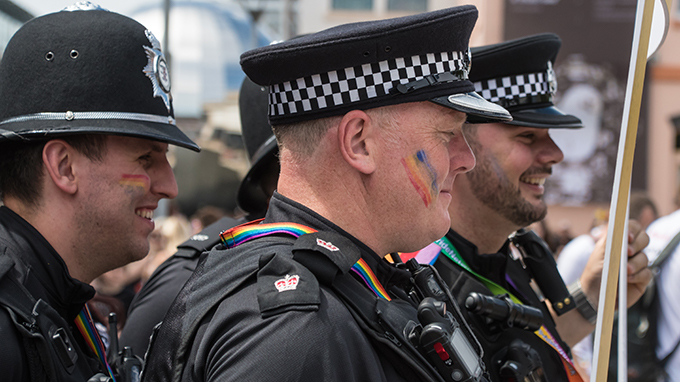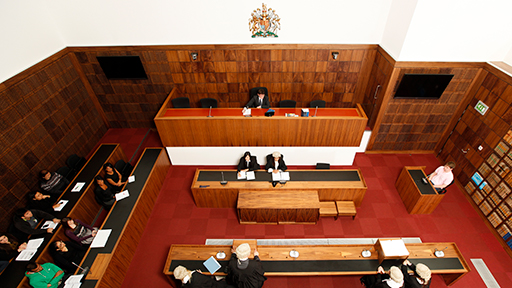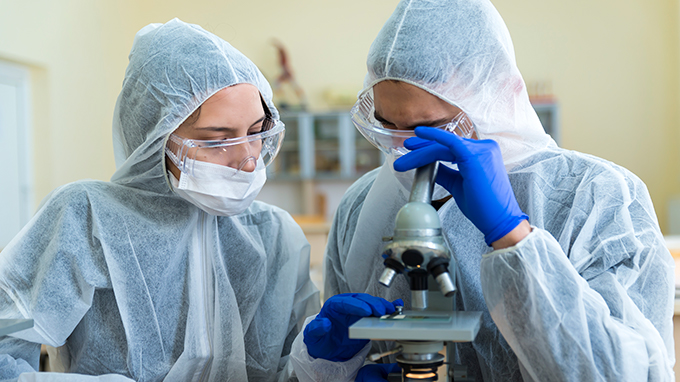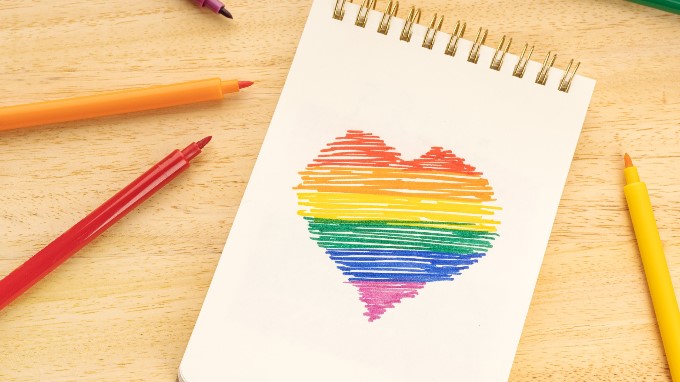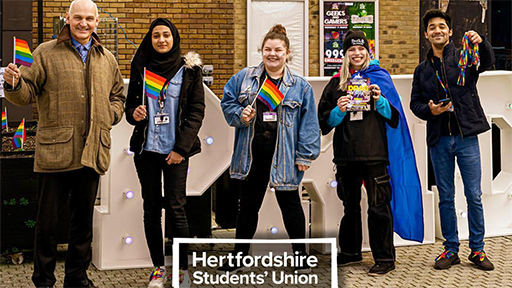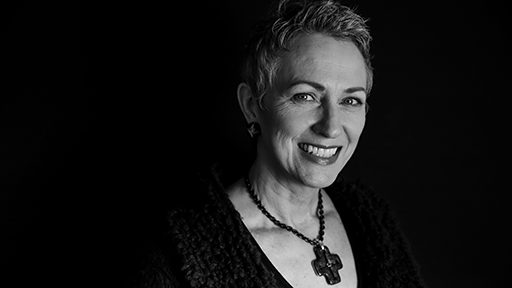LGBT+ History Month: support and resources
We’re committed to supporting our community in broadening their understanding and capacity for allyship during LGBT+ History Month. We hope you find this range of resources informative and empowering.
If you know of a resource which may enhance this listing, please get in touch.
Where to find support at Herts
If you need support during your time at Herts, you can contact Student Wellbeing, visit Herts SU's Advice and Support Centre or email the Equality, Diversity and Inclusion office.
Herts SU has an active LGBT+ Society which runs weekly regular events throughout the year. Follow the LGBT+ Society on Twitter, Instagram and Facebook, or contact them via email.
Staff at the University can also find support, guidance and information about our staff LGBTQ+ network and Employee Assistance Programme on our staff intranet, by visiting Herts Hub.
Whether you're a student or a staff member, you can also join our LGBTQ+ mentoring scheme where you can receive one-to-one personalised support to help you achieve your potential.
The University of Hertfordshire is an active member of the partnership of public authorities, working to ensure equality of opportunities and treatment of LGBT service users. Read the LGBTQ in Hertfordshire Guide for advice about wellbeing, sexual health, and housing. The guide also lists details of local services and support groups.
Further reading and media
Events on-demand
Engaging the LGBT+ community in public service leadership
About the talk
This collaborative event was held in conjunction with Hertfordshire Constabulary and City of London Police.
Carl Austin-Behan OBE DL, the first openly homosexual Lord Mayor of Manchester and now an advocate for inclusion and equality delivered a thought-provoking keynote speech.
This was followed by a panel discussion where Carl was joined by Inspector Steven Alison from Hertfordshire Constabulary, who was pivotal in making Hertfordshire Constabulary one of the first police services to offer gender neutral uniforms; and Temporary Commander Clinton Blackburn from City of London Police, who Co-chairs the National Police LGBT+ Network.
The event was chaired by Deputy Vice-Chancellor Professor Matthew Weait.
Lawyers that make a difference: fighting for LGBT Rights
About the talk
There have been huge advances for LGBT equality in the UK over the last 20 years, with the advent of civil partnerships in 2004, and more recently same-sex marriage. But change has been painfully slow. Section 28, which prevented schools from talking positively about homosexuality, was only repealed in 2003. In the same year LGBT people finally received protection against discrimination in the workplace.
This event celebrates lawyers who have played a significant role in advancing LGBT rights through some of the landmark court cases of the last few years. Gain a valuable insight into the stories behind the headlines as we speak to the barristers involved.
We learn about the case of a bakery in Northern Ireland who refused to ice 'Support Gay Marriage' on a cake. The bakery, owned by evangelical Christians, argued that it was against their religious beliefs and declined the order. The case raised interesting legal arguments around the conflict of sexual freedom and religious freedom. Robin Allen QC offers a valuable insight into this high profiled case, which has journeyed through the courts and is currently awaiting to be heard by the European Court of Human Rights.
We also hear from Raza Husain QC who successfully argued that his Iranian client should be granted refugee status. Asylum was originally refused on the basis that his client could be reasonably expected to conceal his sexual identity in order to avoid persecution in his home country. The landmark decision legally recognised that a gay person is entitled to live freely and openly, in the same way that a straight person can.
Join all our speakers, as together we discuss the importance of bringing discrimination cases to court.
Lest we forget: AIDS, COVID-19 and the politics of memory
About the talk
We invite you to join us as we question how the AIDS epidemic and its aftermath can help us think about a post-COVID future.
Jaime García-Iglesias, Dr Maurice Nagington and Dr Shivani Sharma examine how the current discourse about COVID-19 remembers (or ignores) HIV/AIDS as an antecedent.
Using a variety of materials, from qualitative research to art pieces by Critchley and commentary by queer philosopher Preciado and historian Sarah Schulman, we look at the political implications of remembering and complex questions such as: How is memory political? Whose lives matter and are remembered and whose don’t?
LGBTQ+ Support Connections Fair
This webinar brings together groups from across Hertfordshire, who offer support and guidance for our LGBTQ+ community. These include: the University of Hertfordshire LGBTQ+ Staff Network, Red Kite Rape and Sexual Abuse Service, Hertfordshire Pride and Ask for Clive, the University of Hertfordshire LGBT+ Law Clinic, Herts Mind Network and the LGBT+ Student Society at The University of Hertfordshire and the University of Hertfordshire Students' Union. Find out what support is available across the county, how to obtain it and how to get involved with the initiatives.
Pronouns Workshop
About the talk
This workshop was designed by the LGBT+ Society to help the wider community learn about why pronouns are important, particularly to trans and non-binary people. This workshop will make you feel more comfortable with how/when/whether to ask someone their pronouns, and what to do if you make a mistake.
Time To Change - A guest talk from Dame Inga Beale
About the talk
Breaking through several glass ceilings and addressing taboo topics, Dame Beale talks from experience about how to build an environment where people from all walks of life feel valued and respected. Driven by her desire to empower women and the LGBT+ community in business, she shares the lessons she's learned along the way. This thought provoking talk will explore how we can all be part of the change for a more equal society.

